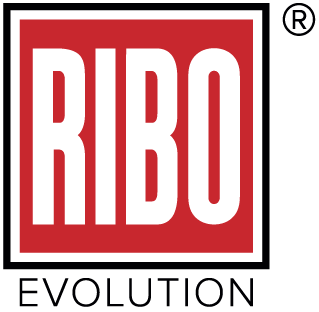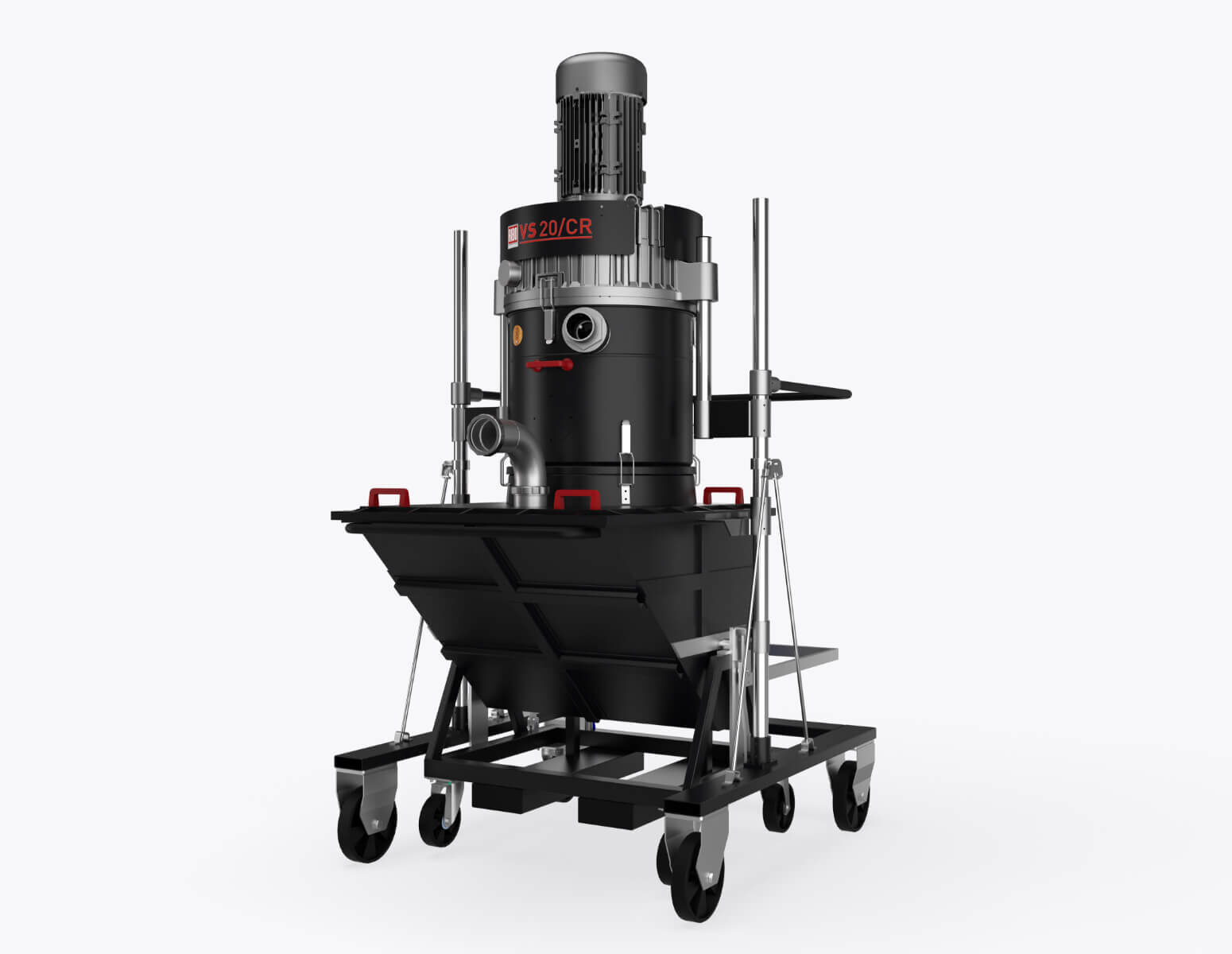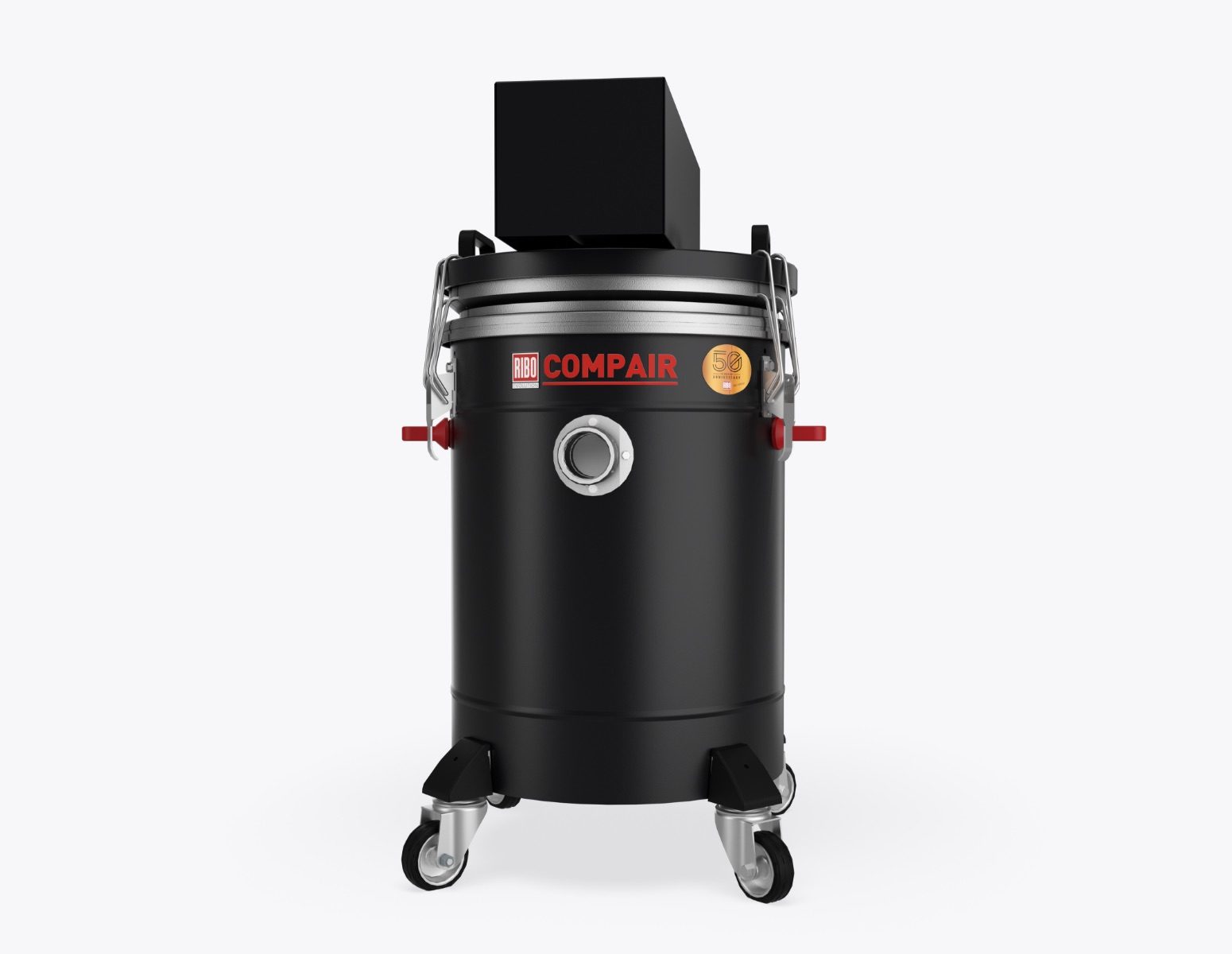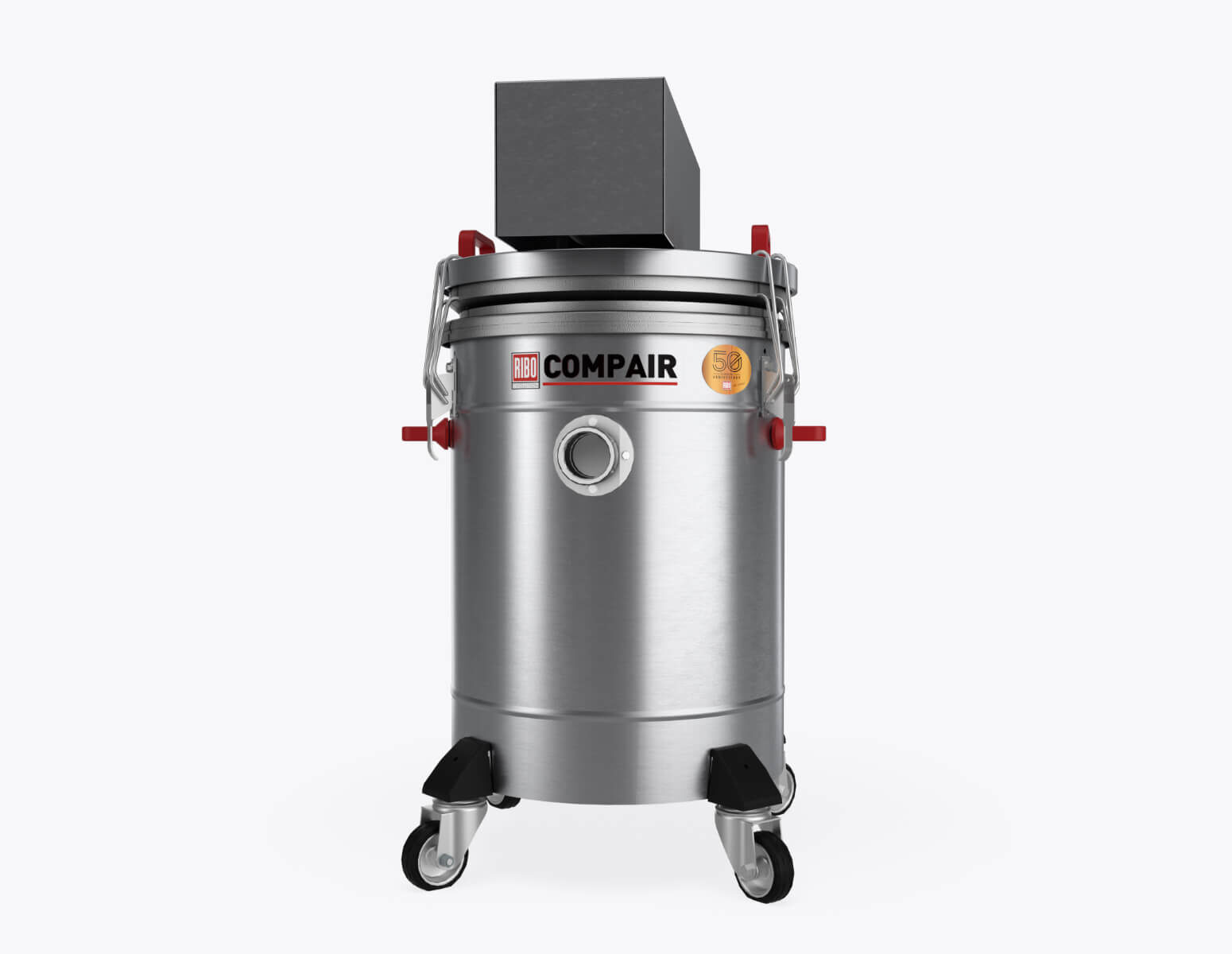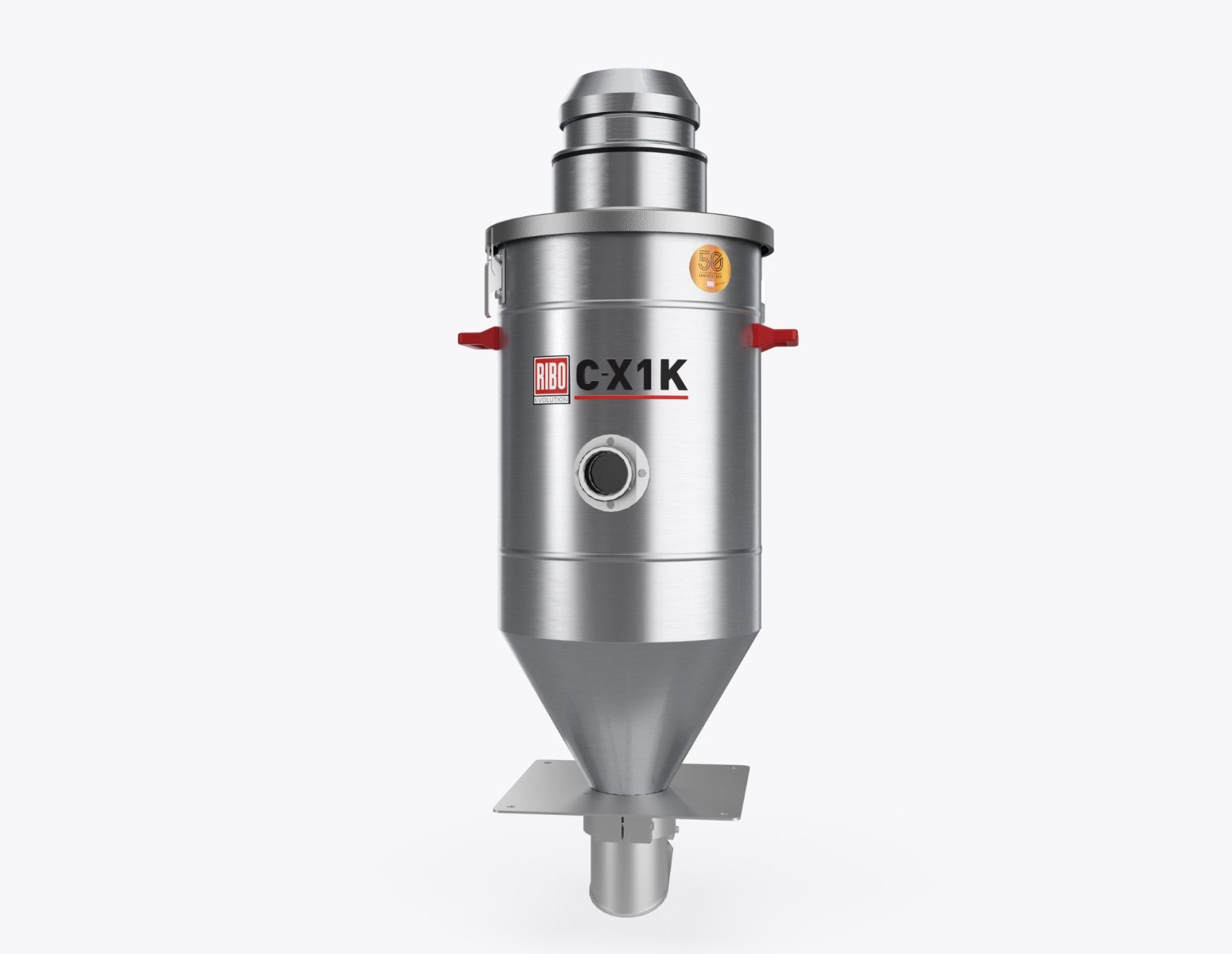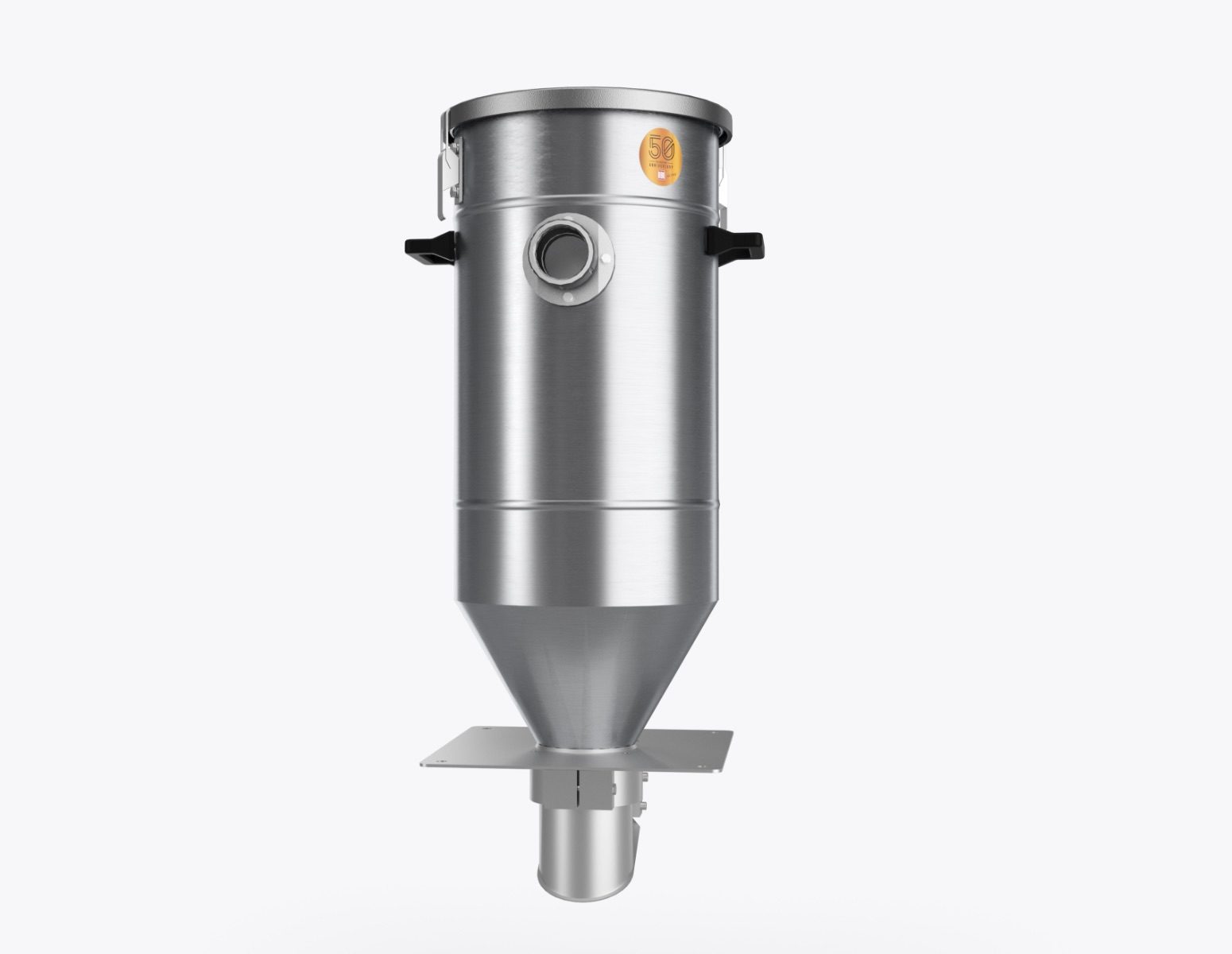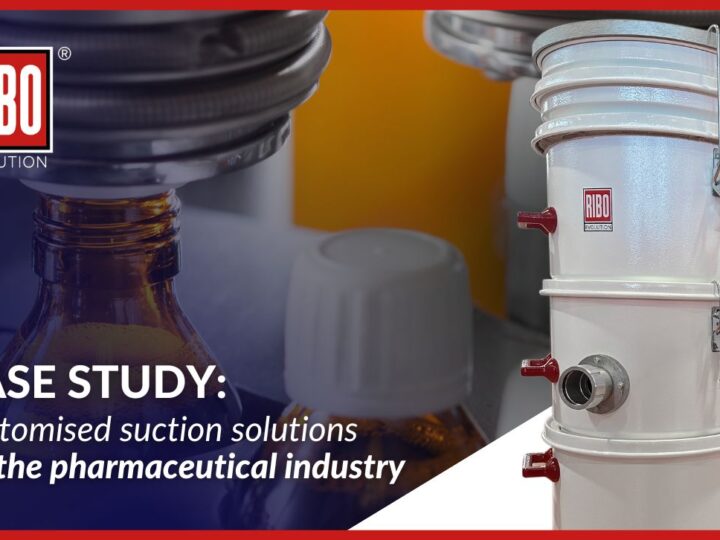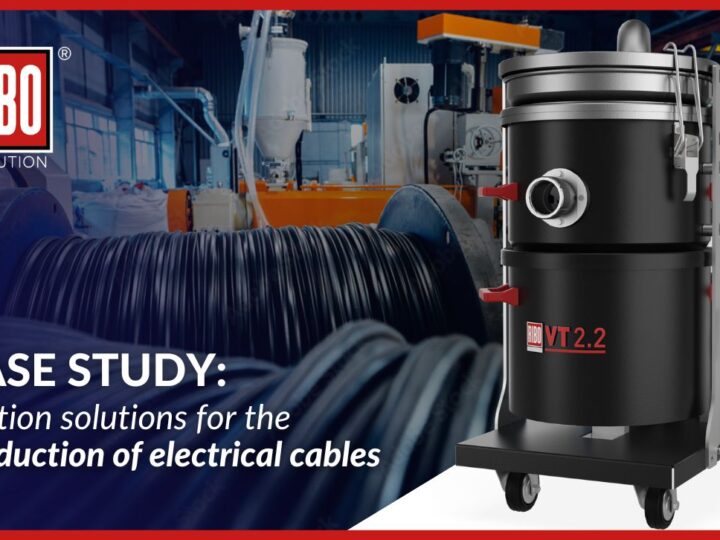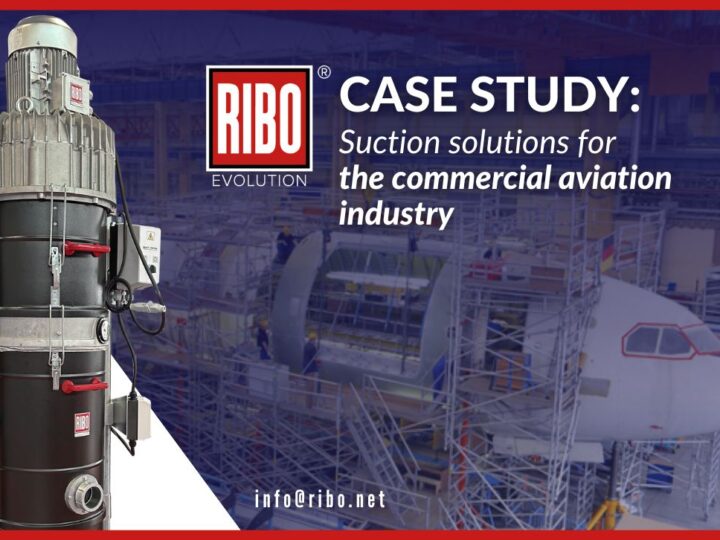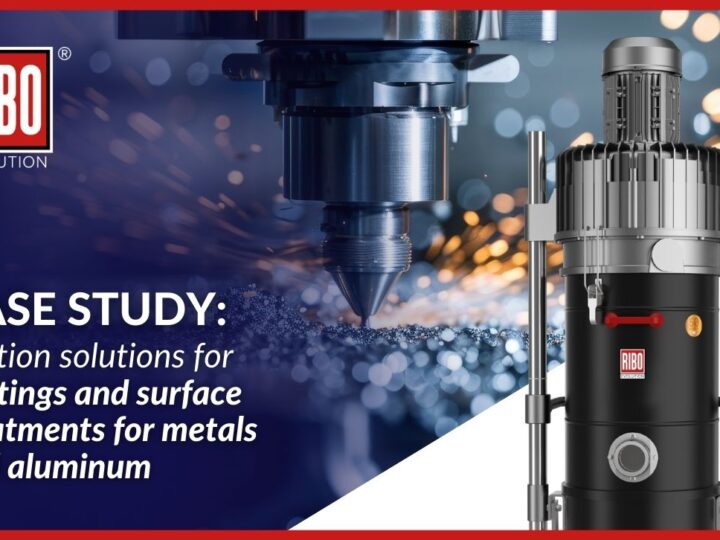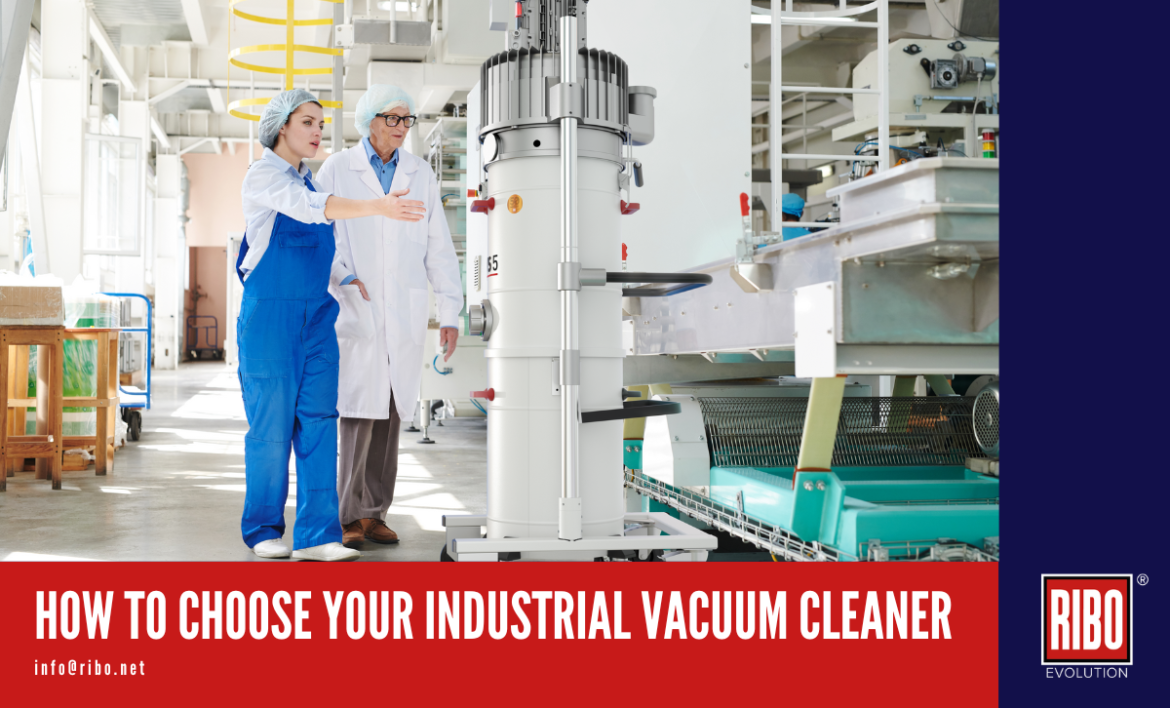
Every company has specific requirements regarding the vacuuming of production waste or substances used during the processing stages of its product. Choosing the right vacuum cleaner may seem complicated, but by following some few simple steps and relying on RIBO’s experts you can make the right choice.
What to do before buying an industrial vacuum cleaner
Before identifying which industrial vacuum cleaner can meet your company’s vacuuming needs, below are some useful tips:
1. Identify the type and amount of material to be vacuumed
- The type of material to be vacuumed
Based on this, you can determine the type of filter you need for your vacuum cleaner, and where there are liquid substances, the vacuum cleaner should be arranged with a function of liquid extraction.
- The amount of material to be vacuumed
Based on the amount of material to be vacuumed and also the frequency of use, it is possible to define what suction capacity the vacuum cleaner should have.
2. Verify the size of the work area
The choice of the vacuum cleaner model also depends on the size of the work area. For example, if you have to work in a large area or need to vacuum a large amount of material, you will need to opt for a vacuum cleaner with a higher suction capacity. However, it is important to choose a vacuum cleaner with adequate suction capacity for the specific work area to ensure efficient cleaning without wasting energy.
3. Evaluating performance and power
To choose a suitable industrial vacuum cleaner for your needs, it is important to evaluate both its performance and power. The power of the vacuum cleaner affects its suction capacity and its effectiveness in removing particles and dirt from the work area.
4. Check the type of filter
Checking filtration before buying an industrial vacuum cleaner means making sure that the vacuum cleaner is equipped with adequate filter to retain and filter particles that should not be put back into the environment. Ask our experts what filter is included for the specific model of vacuum cleaner you need, assuring that it is adequate to capture and retain dust particles, dirt and other materials in your work environment.
It is also important to check the filtration class of the vacuum cleaner and the presence of HEPA (High Efficiency Particulate Air) or ULPA (Ultra Low Penetration Air) filters, which provide even higher filtration, suitable for situations where toxic or particularly hazardous substances are present.
5. Check the quality of materials and components
To choose a quality industrial vacuum cleaner, it is also important to inquire about the quality of the materials and components used in its construction, such as motors, filters, and accessories.
Maintenance, safety and price/quality ratio are key elements to consider. In addition, choosing a quality vacuum cleaner is also important because a low-quality product will present in the future additional costs for repairs and replacements.
